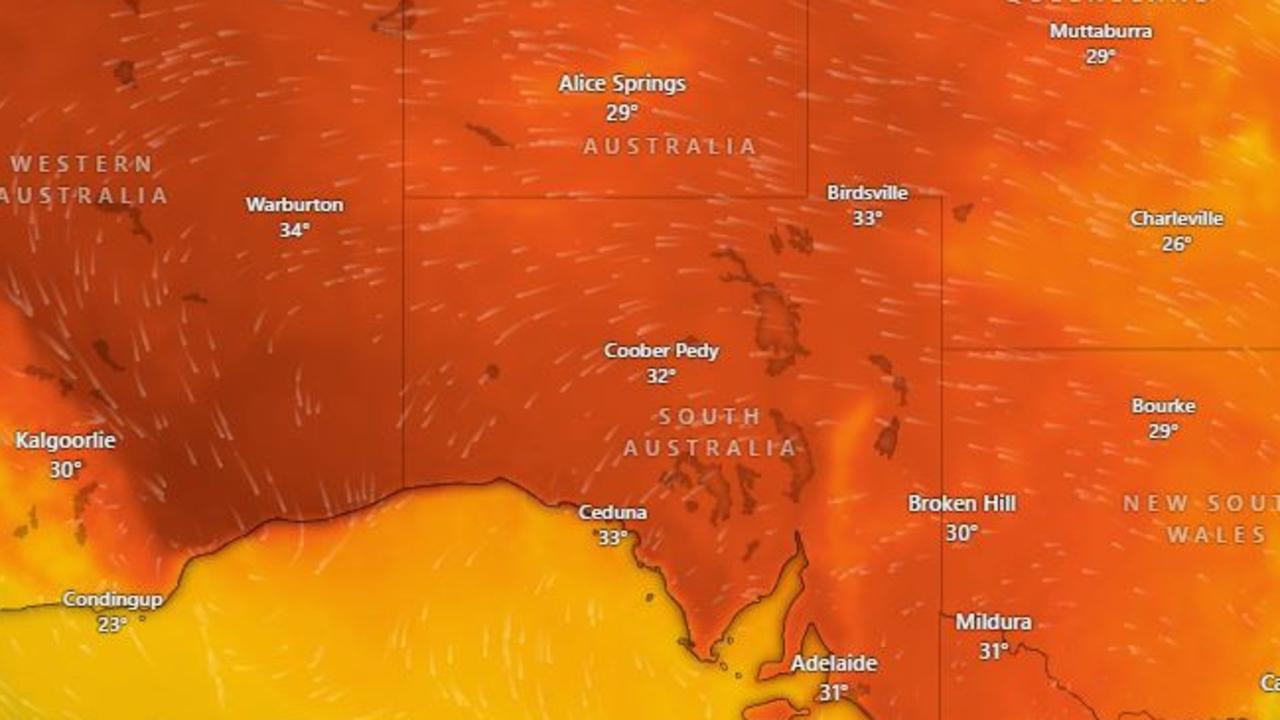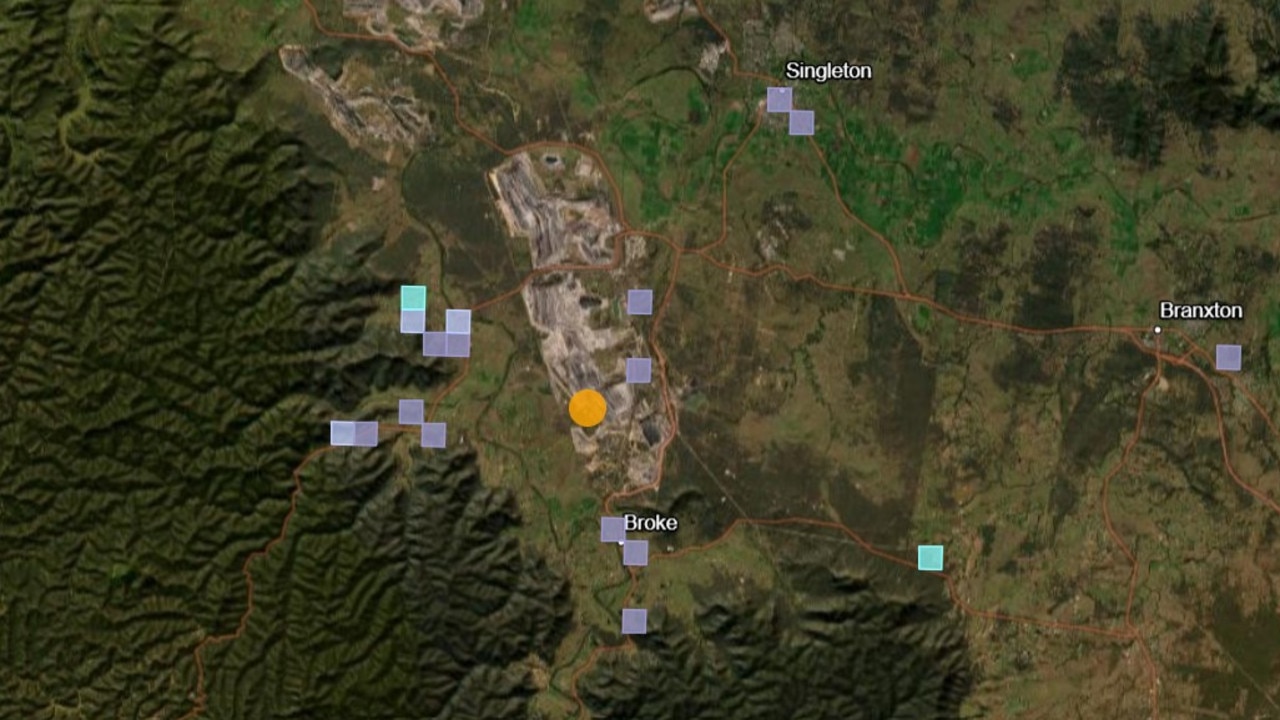Secret deal behind Australia’s nuclear ban
The powerbroker who proposed the 1999 nuclear power ban has broken her 22-year silence on the little deal that changed Australia in a big way.
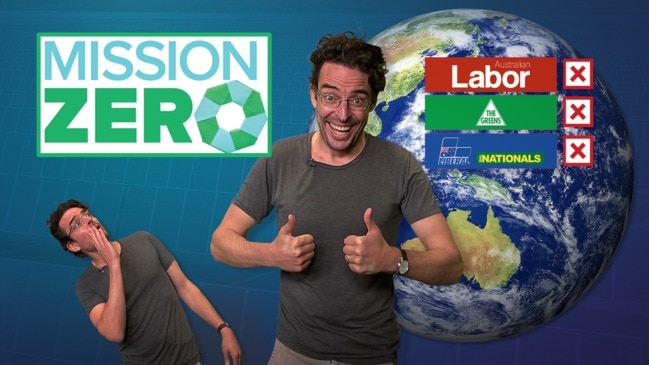
Environment
Don't miss out on the headlines from Environment. Followed categories will be added to My News.
It was a little legislative clause, negotiated in secret and easily ticked off by the then prime minister – and it changed Australia’s energy policy framework forever.
But the 1999 legal amendment that banned nuclear power in Australia was intended as little more than a “tidying up exercise”, according to the Senator who proposed it.
Former Australian Democrats leader Lyn Allison said the ban was one of hundreds of amendments her party negotiated for the Environment Protection and Biodiversity Conservation (EPBC) Act, many of which were agreed to by the then Environment Minister, Senator Robert Hill.
“(The nuclear power ban) was not central to the 300 or so amendments that we managed to negotiate,” Ms Allison said.
“It was just bringing the Commonwealth into line with the states, which all had bans, and still do I think. It was a tidying up exercise more than anything. I don’t recall it being at all controversial.”
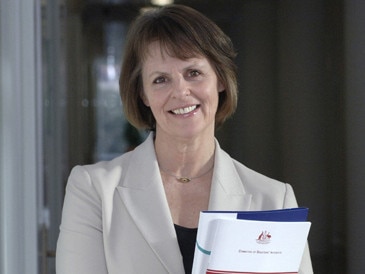
Ms Allison said the negotiations with Mr Hill took quite a long time, but all amendments were signed off by Prime Minister John Howard.
“I think everything went to him for his OK,” she said. “I wasn’t in Cabinet, so I don't know what the discussions were, but I think John Howard was keen to get [the bill passed] and certainly Robert Hill was. There were so many amendments and so much discussion on most of them, but not of that one.”
The passage of the bill put Australia in a unique position as the only country in the world that exports uranium but legislatively forbids its domestic use.
Peter Burnett, Honorary Associate Professor with the ANU College of Law, said nuclear issues had long been a “hot potato” in Australian politics, and the ban came at the end of many years of public concern over anything nuclear.
By comparison, the response to the Prime Minister’s recent nuclear submarines announcement had been somewhat muted, Prof Burnett said.
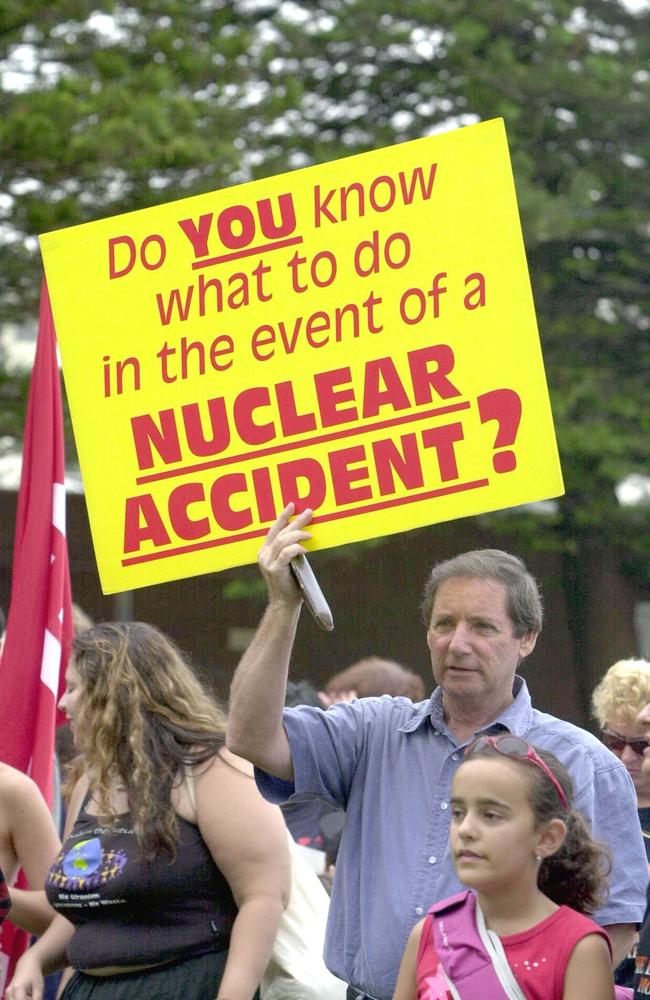
“The nuclear submarines raised eyebrows, but not to do with nuclear per se,” he said.
Announcing the submarine deal, Mr Morrison stressed it would not change Australia’s stance on nuclear power, but others believe the acquisition could soften up public attitudes.
Prof Burnett said changing the law would be a comparatively simple matter.
“They simply have to repeal this one section; it would be a one-page bill,” he said. “Whether they can get it through the Senate is another thing.”
But the “easy” overturning of the law and kickstarting a domestic nuclear power industry were two different things, he warned.
“On a practical level you’d want bipartisanship. If it was hotly contested you’d be worried that you’d make the big commitment, and then the other side would go to the next election with a commitment to reverse it,” he said.
Asked if there was a particular trigger that prompted the Democrats to push for the ban in 1999, Ms Allison said she could not recall, but it reflected the party’s policy at the time.
“We took the opportunity to make it clear that it wasn’t just the states that were banning nuclear power but the Commonwealth should, as well,” she said.
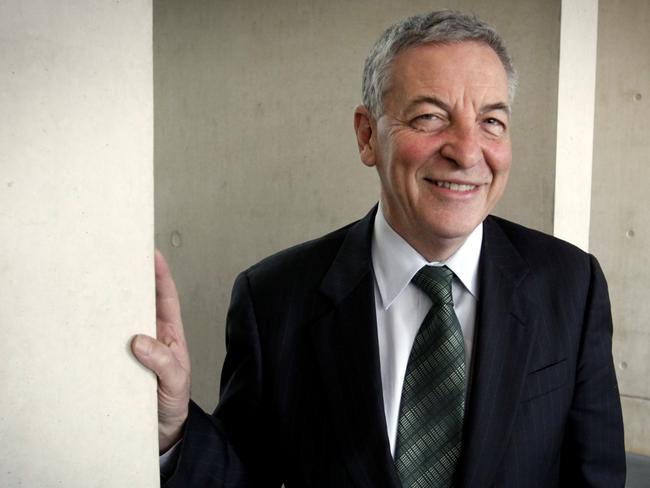
Prof Burnett said the nuclear ban amendment sticks out in the legislation.
“The way the EPBC Act is structured, it protects these things called matters of national environmental significance, things like threatened species and world heritage and so on,” he said. “Nuclear is different in the Act because it’s a thing to be protected from, rather than a thing to look after.”
One of the interesting points about the nuclear ban at the time, Prof Burnett said, was how little press it got. Senator Allison did not mention it in a press release she issued after the law was passed, and only made an oblique reference to it in a Senate speech.
Was this a conscious decision?
“I don’t think we saw it as anything revolutionary,” Ms Allison said. “I can’t remember my thought patterns at the time, but we were really focused on the main game, which was the environment legislation. I don’t think I was trying to hide anything. It wasn’t seen as controversial.”
Former Senator Robert Hill did not respond to a request for comment.
For more on this series go to: www.missionzero2050.com.au
Share your feedback or story: missionzero2050@news.com.au
More Coverage
Originally published as Secret deal behind Australia’s nuclear ban
Read related topics:Mission Zero




